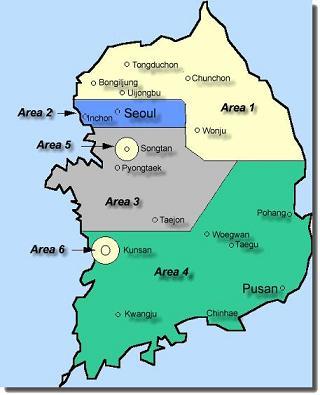Clear Thinking and Satellites Save Us from Bird Flu
Remember the bird flu scare of 2005, another one of those “Chicken Little” crises currently contributing to global cynicism about science and government expenditures? It didn’t happen, and there’s  a few head-slapping reasons why.
a few head-slapping reasons why.
Dr Gaidet’s team analysed 228 birds from 19 species using satellite telemetry from 2006 to 2009 over the bird flu affected areas of Asia, Europe and Africa. The results indicated that migrating wildfowl do have the potential to disperse H5N1 over extensive distances as mass migration can result in infected birds covering as much as 2900km before symptoms become apparent.
However, while this is theoretically possible the team found that direct virus dispersal by migrating birds would require asymptomatic infection to coincide precisely with the migration season. The results revealed a very small ‘window’ of between 5 to 15 days when dispersal of the virus over 500 km could occur.
It is crucial to the spread of disease over such a distance that an infected bird must not be showing the symptoms of infection. If the symptoms are evident then it is highly likely that the individual may not migrate, or at least they will be unable to cover the distance as well as a healthy bird.
Along with the precise timing required to spread the virus across the maximum distance, the migrating birds would also have to fly the shortest route possible, as quickly as possible. However, the team found that most migrating wildfowl stop at various staging posts throughout the trip for periods longer than the asymptomatic duration period. Virus transfer between staging birds or infection from the environment would allow a greater potential for spread, and while neither of these routes of transmission are well documented, the latter is most likely.
“Our results indicate that individual migratory wildfowl do have the potential to disperse H5N1 over extensive distances, however the likelihood of such intercontinental virus dispersal by individual wildfowl is very low,” concluded Gaidet. “Our results provide a detailed quantitative framework for the dispersive potential of avian borne viruses, which will help to better understand the risk posed by other avian-borne diseases such as the West Nile Virus”.
Sick birds can’t fly is my favorite.

Powered by ScribeFire.
Filed under: Academia, Globalization, Science, Space Tagged: avian flu, bird flu, h5n1, viruses


 The ROK looks relatively less nosy and restrictive an internet society, at least according to
The ROK looks relatively less nosy and restrictive an internet society, at least according to 

 The Bushism, “Internets”, might no longer be a joke, and have its revenge. The single, global internet network,
The Bushism, “Internets”, might no longer be a joke, and have its revenge. The single, global internet network, 


Recent comments